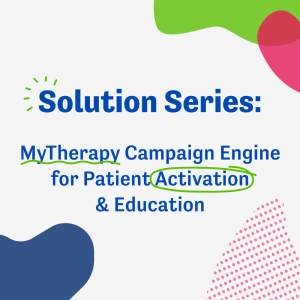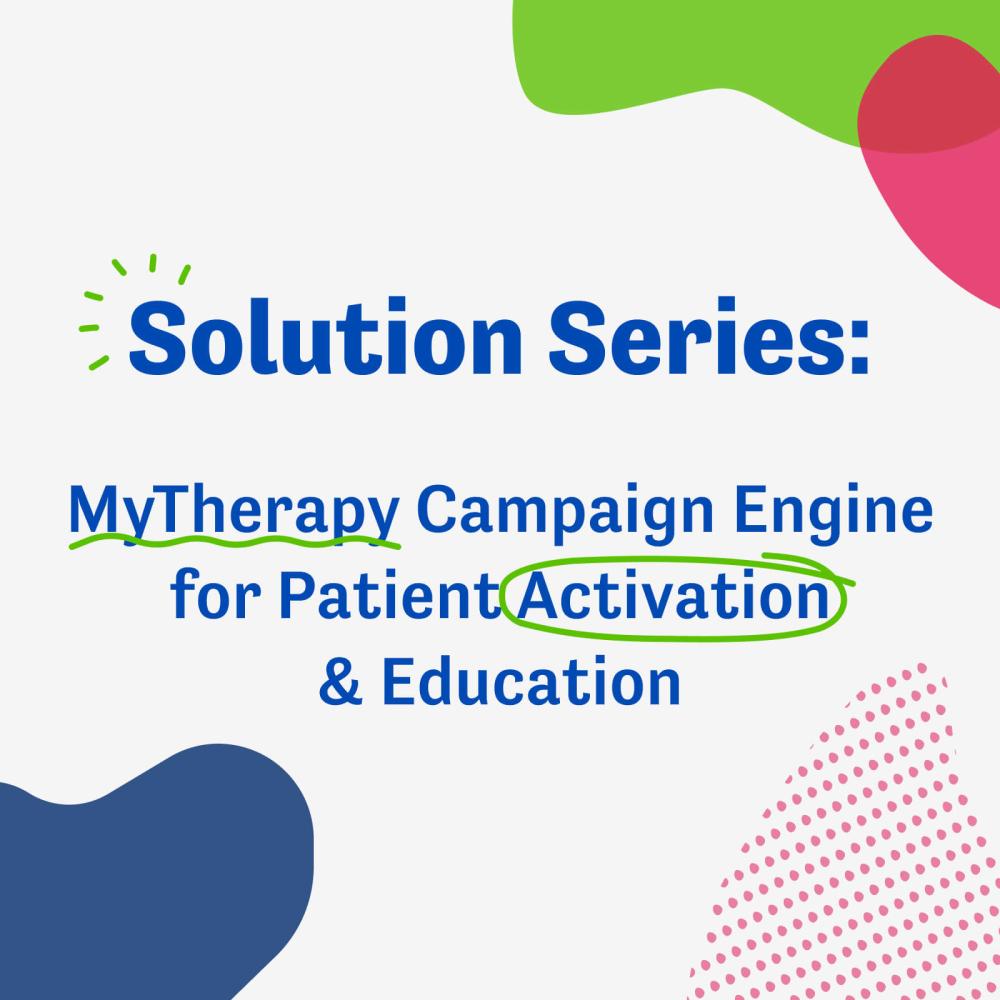Industry Leaders: Pharma Must Do More to Inform & Educate Patients in 2024
In a survey conducted amongst a sample of our network, industry leaders told us that pharma must do more to inform and educate patient populations interested in their products

- 90% of respondents to a survey we ran among our network say pharma should do more to inform and educate patients interested in their Rx products
- Patients consume information from a range of sources; continuing to solely rely on HCPs to provide reliable information is not practical
- Digital tools are considered the most effective way for pharma to provide high-quality and accurate information to consumers interested in their products
As part of a LinkedIn Live event we held earlier this year discussing the developing role pharma plays in patient education, we asked a sample of our pharma network for their views on the subject. Nearly 90% said that pharma should be doing more to ensure that patients interested in their products have access to high-quality and accurate information.
Patient Education Pulse Check: The Results
“Should pharma take a stronger role in making sure that consumers interested in their products have easy access to high-quality and accurate information?”
This was the question we asked a sample of our network ahead of our event discussing patient education.

The results are rather conclusive, with 90% of respondents saying pharma should take a stronger role and not a single person saying that they should not. This result is likely of little surprise to those of you reading this post, but there is a reason why the importance of this topic has increased in recent years and will only continue to do so in 2024 and beyond.
How Patients Access Information for Rx Medications
There are more channels than ever for patients to consume information regarding prescription medications. Social media, in particular, has created an entirely new environment in which information can be shared freely and unregulated. There is no better example of this than the hype surrounding diabetes drugs such as Ozempic and Mounjaro, which have been widely used off-label for weight loss. Some of the content shared on channels such as TikTok and Instagram portrays them as miracle drugs without any mention of any safety topics such as side effects.
Due to the nature of social media, many people will have been exposed to such content without even seeking it out, it might simply pop up in their feed or be shared by an account they follow. The appeal of a seemingly risk-free weight loss drug is undeniable, and such content very likely encourages a significant number of consumers to seek a prescription. In fact, according to a survey we ran within our MyTherapy app among patients taking diabetes medications, those taking Ozempic were up to nine times likelier to have specifically requested the product themselves when compared to drugs like Farxiga or Trulicity.
For many people, products like Ozempic (and, more recently, those that have the same active ingredient and have been approved for weight loss) are indeed effective and can provide health and quality of life benefits. However, it is crucial for patients to have a more complete understanding of the product.
The same, of course, holds true of any other prescription medication on the market.
Typically, the responsibility for providing such patient education belongs to healthcare providers. However, the more informed patients are prior to even setting foot in their doctor’s office, the better. For pharma, the key is to provide patient education that is compliant with global marketing restrictions for Rx medications and provide it via channels that reach the right people.
The Long-Term Benefits of Greater Patient Engagement
For pharma, the immediate benefits of utilizing digital channels for engaging patients interested in their products are helping ensure patients are better informed and easing the burden on HCPs.
A long-term benefit is that pharma can continue to engage patients throughout the treatment journey. Patients who take an active role in their treatment, such as seeking out specific Rx medications, are likely to remain active post-prescription. In finding effective digital channels to engage patients interested in their products, pharma can continue to provide information and education, such as onboarding guidance and long-term adherence support.
If you want to discuss how we help pharma engage patients at every stage of the treatment journey, don’t hesitate to book a meeting.





